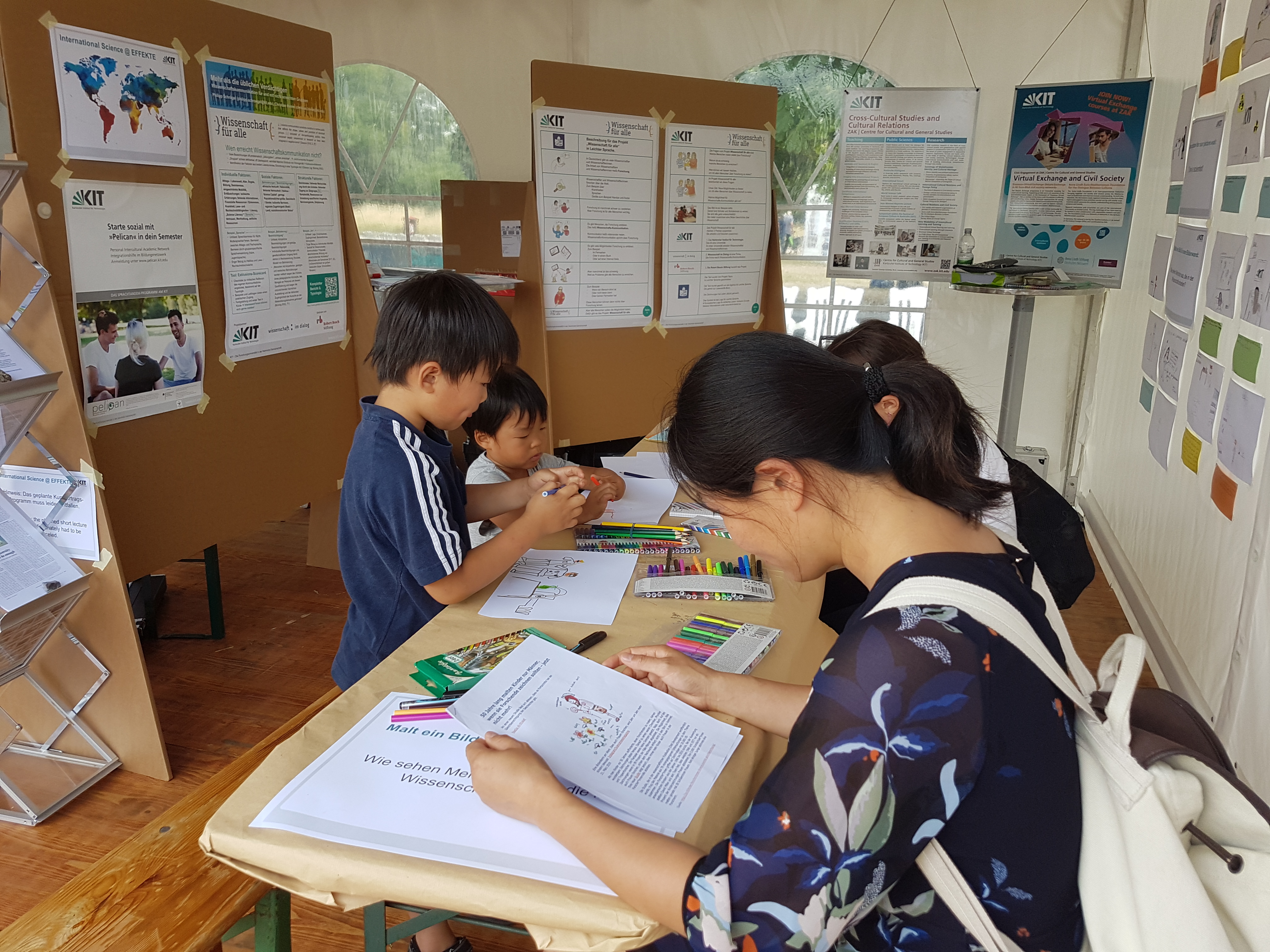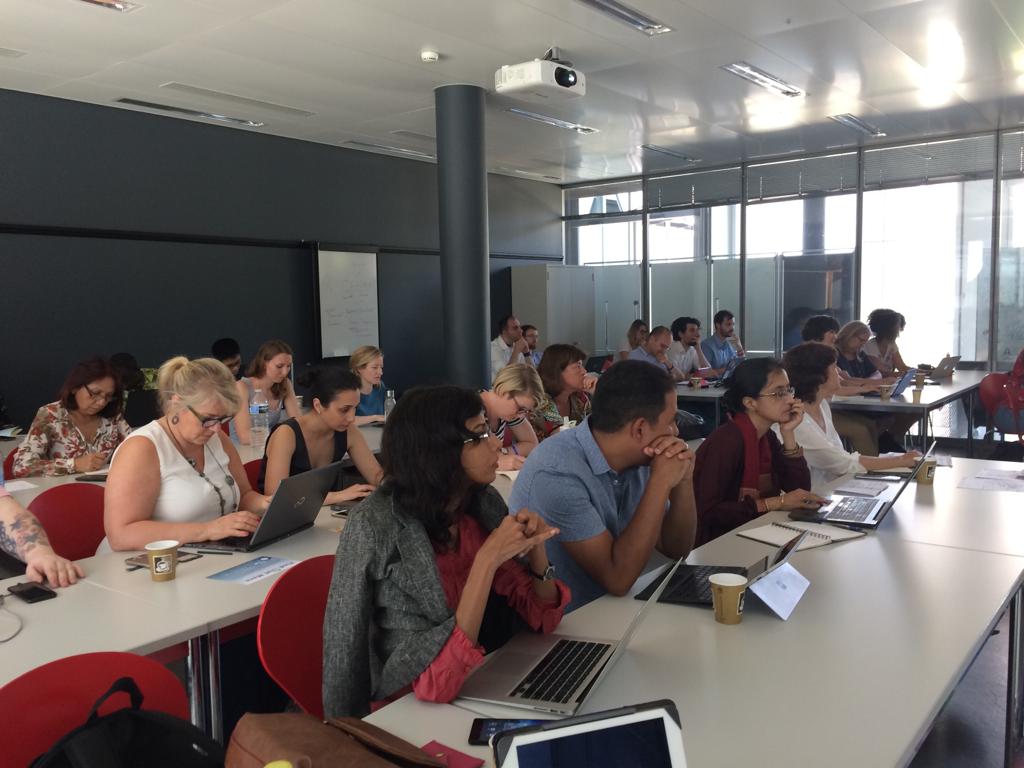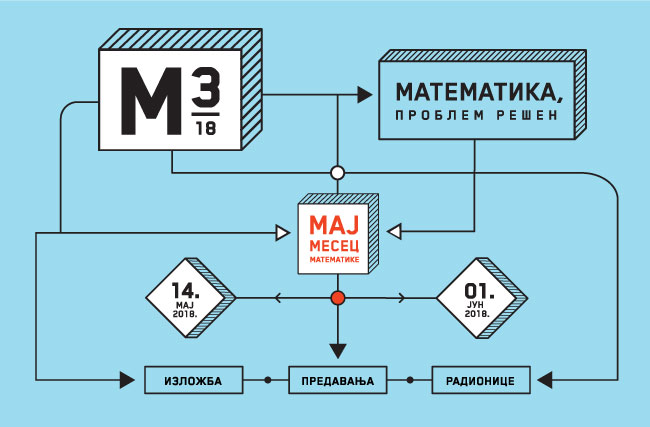The opportunity to connect with a diversity of sciences and scientists, and the intellectual exchange of ideas across disciplinary boundaries, makes the RUB Research School unique. Science College, one of the activities run by the Ruhr University of Bochum for doctoral students, is a highly effective approach for directing budding researchers’ attention to the overarching issues of science and society. The event covers contemporary transdisciplinary research topics and involves leading thinkers from a range of disciplines.
This year’s Science College, held on July 3, discussed the topic “Building Trust in Research“. Together with invited experts participants took a closer look at the following questions:
- Do stakeholders outside academia trust research (as a method and a process) and researchers (as a person with certain skills and abilities who acts responsibly regarding his/her topic and the people to whom it matters)?
- Can researchers trust the public?
- Why this is important for those who are doing research?
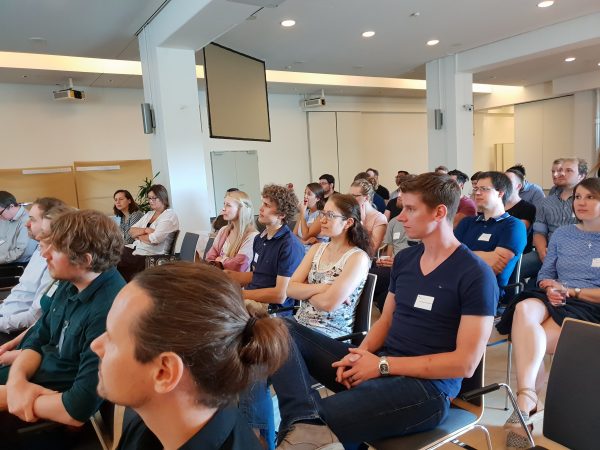
Starting from pivotal questions such as if it is important to gain the trust of people outside academia or if researchers appreciate the collaboration with non-researchers, the invited experts shared their knowledge, experiences and strategies on how to transfer knowledge between research and other communities. The aim of the event was to help understand the expectations, understandings or misunderstandings and which concerns affect this trust. Throughout the discussion there was input from experts/brokers between researchers and non-researchers from different positions and perspectives, and to reflect the topic of science engagement critically.
Presentations by Dr. Annette Klinkert from the European Science Engagement Association and Embedded Nucleus lead for the Rhine-Waal University of Applied Sciences, Jon Rea from Nottingham City Council, Prof. Dr. Rüdiger Höffer as a representative for researchers who collaborate with other stakeholders, and Dr. Andreas Scheu from the University of Münster allowed the discussion to gravitate towards a very reflective and critical discussion on the threats that can occur when involving the public, the role of researchers regarding their responsibility to engage with the public, and the opportunities to solve problems and implement actions that deliver results with the help of the stakeholder groups.
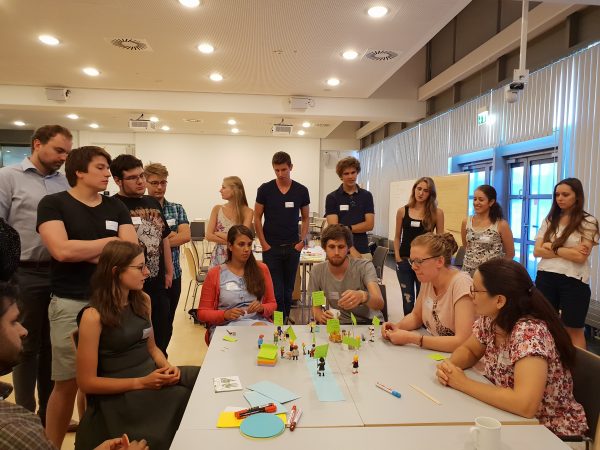
During the working group sessions, the attendants discussed what was needed to gain trust in research. The workshops provided strategies, knowledge and competencies to define what it means to be trusted as a researcher and how to convincingly communicate this to others. Researchers were advised to be transparent in their communications and to ensure their recommendations or messages are supported by sound research and reliable data. A new system may also be necessary to assess the importance of communication in the scientific process. The public were advised to invest in future knowledge, to understand that research is fragmented and complex and to acknowledge the importance of knowledge transfer in the research system/impact.
This Science College gathered 40 doctoral researchers from many disciplines. They demonstrated their interest and understanding of the topics covered by raising questions and issues on the challenges, risks and benefits of involving the public in research and on their own role as researchers to facilitate this involvement.
